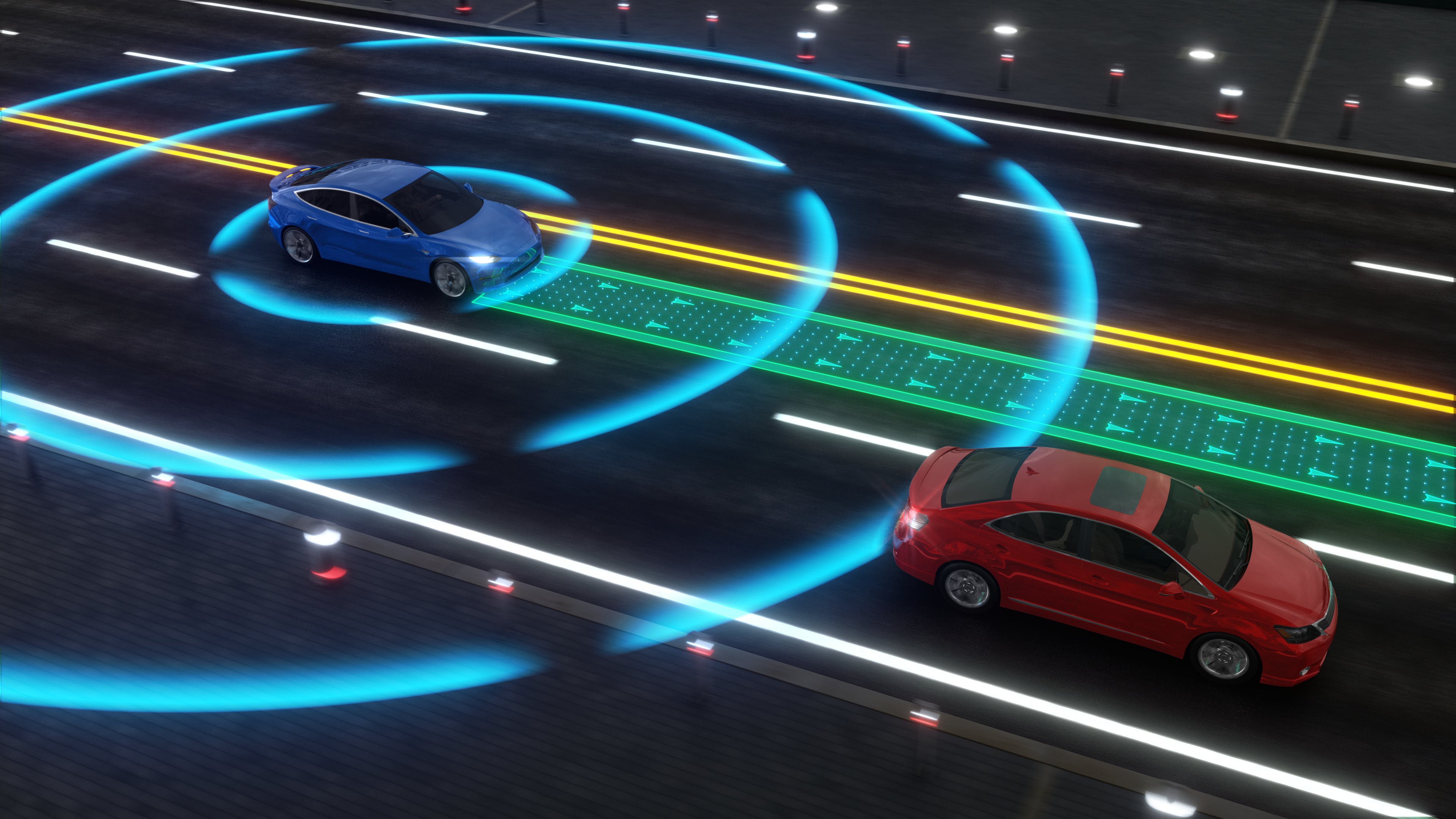Traffic Jams – How Self-Driving Cars Could Help
Next time you’re stuck in a traffic jam, think of the millions of people all round the globe who are stuck too. It’s a worldwide problem and it needs a worldwide solution. One possible answer is self-driving cars.
Increased Traffic Flow
One reason why traffic flows poorly is because you put your foot on the brake, so the person behind does the same and the person behind them does the same.
Self-driving cars use AI to learn how to drive at the perfect speed and create the optimal flow of cars. One type of AI is reinforcement learning, where the machine keeps experimenting with different tactics and continues only with the ones that perform well.
Researchers found replacing one traditional car out of 14 with a self-driving car in a virtual experiment doubled average car speed.
In fact, dedicated lanes on a motorway could potentially handle up to 4,000 self-driving cars per hour because they would travel so close together and in perfect sync. No need for awkward braking at all.

While self-driving cars could increase traffic flow, they could also have the opposite effect and cause more congestion.
But More Congestion
Self-driving cars would not be carrying people all the time, which means they must park, go back to base, or cruise around. A Californian researcher found the cheapest option – not necessarily the best – was to cruise for more than 40% of trips. In this scenario, self-driving cars would travel on the roads empty, with no incentive to travel quickly. The last thing they want to do is stop and pay for parking.
Meanwhile, people who do not usually drive, such as children, older people and people with disabilities, are now free to drive around. Even if there are traffic jams, they can sleep or relax while the car does the driving.
Under this scenario, there will be more traffic jams than ever. This could even be the argument for bringing in an unpopular congestion charge.
Do We Own or Share?
Another question is whether we would own or share self-driving cars.
It seems owning them could lead to 29% longer average car trips and 23% longer distances travelled. KPMG research shows it would make congestion much worse and push up demand for roads in the next 30 years or so.
Sharing self-driving cars is a different story. There could be a 7% reduction in average car trip time and 9% shorter average distances travelled by 2046. With fewer vehicles on the road, and lower demand for roads, sharing would help to ease congestion and reduce time spent in traffic jams.
The question then becomes, do we really want to share rather than own self-driving cars? That is a different question few people are asking.
Read Full Article Here - Traffic Jams – How Self-Driving Cars Could Help
from TechGYD.COM https://ift.tt/30agmcv
Labels: TechGYD.COM
0 Comments:
Post a Comment
Subscribe to Post Comments [Atom]
<< Home